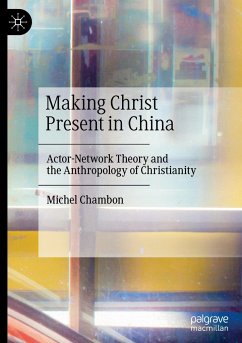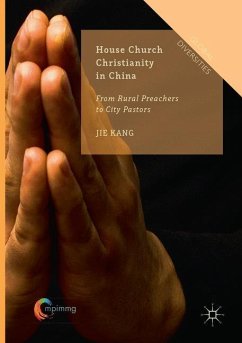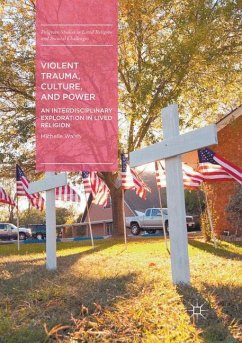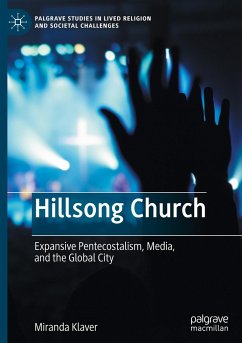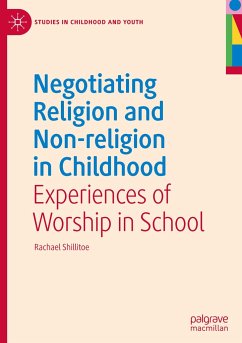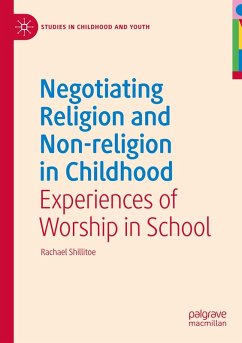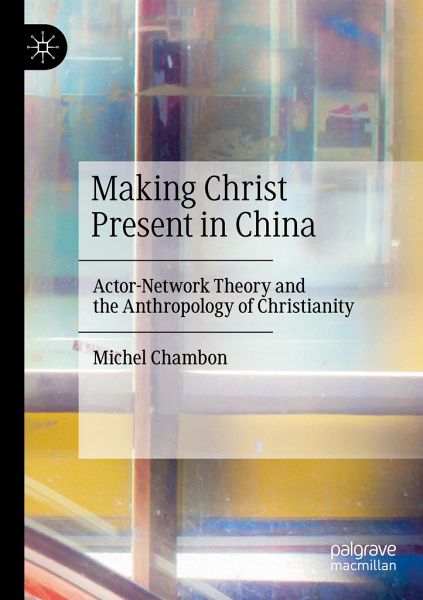
Making Christ Present in China
Actor-Network Theory and the Anthropology of Christianity
Versandkostenfrei!
Versandfertig in 6-10 Tagen
38,99 €
inkl. MwSt.
Weitere Ausgaben:

PAYBACK Punkte
19 °P sammeln!
An anthropological theorization of the unity and diversity of Christianity, this book focuses on Christian communities in Nanping, a small city in China. It applies methodological insights from Actor-Network Theory to investigate how the Christian God is made part of local social networks. The study examines how Christians interact with and re-define material objects, such as buildings, pews, offerings, and blood, in order to identify the kind of networks and non-human actors that they collectively design. By comparing local Christian traditions with other practices informing the Nanping relig...
An anthropological theorization of the unity and diversity of Christianity, this book focuses on Christian communities in Nanping, a small city in China. It applies methodological insights from Actor-Network Theory to investigate how the Christian God is made part of local social networks. The study examines how Christians interact with and re-define material objects, such as buildings, pews, offerings, and blood, in order to identify the kind of networks and non-human actors that they collectively design. By comparing local Christian traditions with other practices informing the Nanping religious landscape, the study points out potential cohesion via the centralizing presence of the Christian God, the governing nature of the pastoral clergy, and the semi-transcendent being of the Church.





